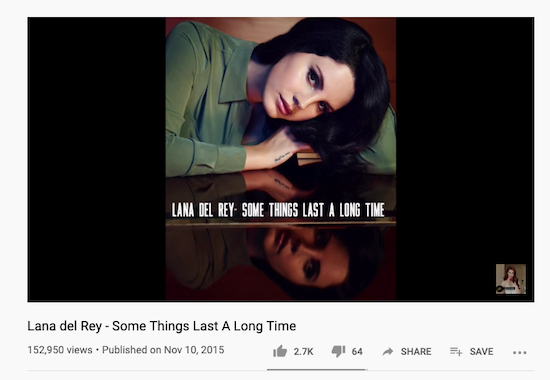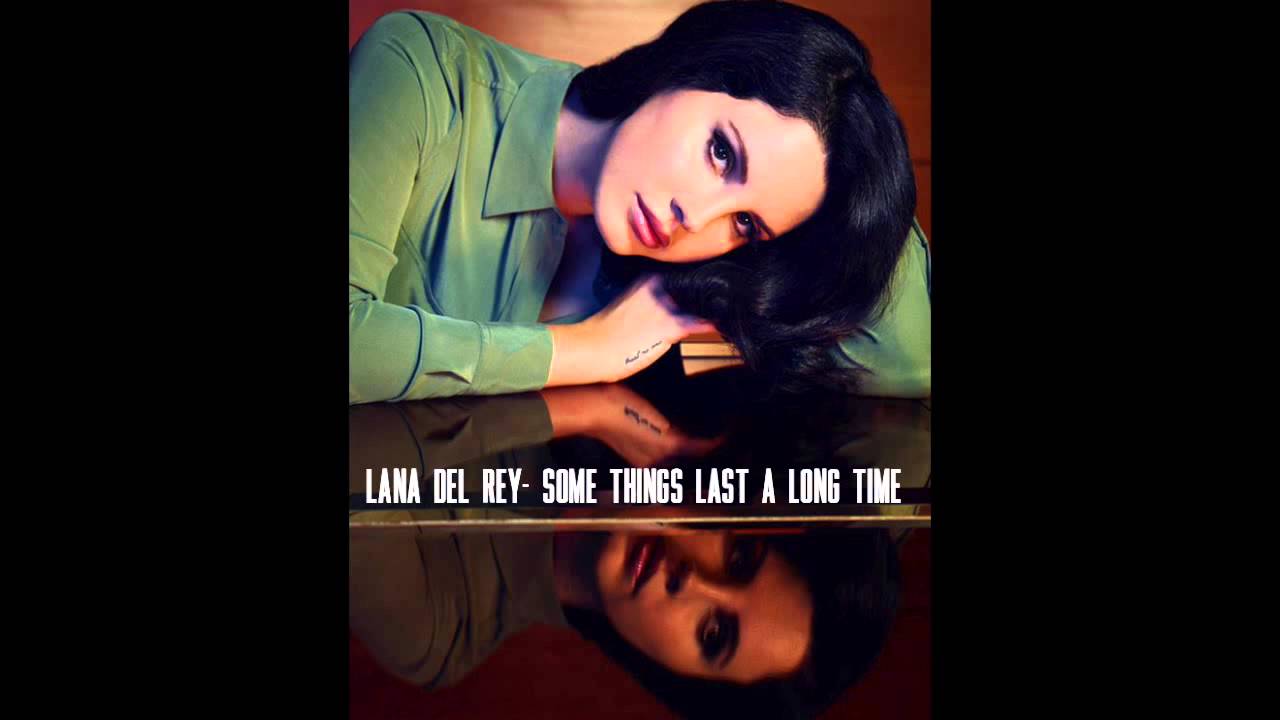One of Daniel Johnston’s great gifts was to teach us a new way to listen. With news that he had died this week, at the age of 58, fans reacted as bereaved fans do: summoned images and videos and rushed to reproduce his darkly gorgeous verse, which incites listeners to cherish simple gifts when they can. But his lyrics were often presented without ornament, requiring less explanation than grievances for other beloved artists.
Johnston is beyond interpretation in this way. Eschewing tricks and riddles, his lyrics stagger into and straight out the other side of cliché, emboldened by his devil-may-care strums. Rather than interrogate his intention, fans make a natural leap: we take Johnston’s shabbiness as an aesthetic, let the songs absorb his unruliness and validate it all with spirited admiration. Part of his magic is that friction between the intention, the output and our listenership, which are the elements of his art.
The circumstances of Johnston’s life and, now, his premature death can’t help but inform how we hear him. But the outpouring of grief, just a week after Lana Del Rey
publicly dismissed a critic’s interpretation of her music, illuminates the uncommonly pure link between meaning and intention – the total resistance to ambiguity – in Johnston’s work. Sometimes his music was sad because he made it so. Just as often, though, shivers of recognition would spread from an uncanny, irresolvable distance, as if we’d brushed shoulders while travelling in opposite directions. Maybe the intensity of Johnston acolytes relates to this formal fragility, to our own presence as a reactant within his songs.
Too often music fans ignore the role our imagination plays in listening. Some believe the artist gives meaning to the music, and that we’re just spectators. Were that true we would be in a fundamentally precarious relationship with what we love, liable to be hoodwinked by false prophets. Isn’t it more freeing to believe profundity exists between the listener and the song, and we get to choose whether to let the artist in?
Songwriters often struggle to acquiesce to free interpretation, perhaps because they’re freighted with biographical expectations. But once meaning becomes a creative goal shared between the songwriter and the listener, all sorts of barriers to fandom, and criticism, collapse. Rather than patrolling for misinterpretation, artists can admire their songs’ duality within an ecosystem of meaning. The singer who denies complicity in her own symbolic universe will no longer trigger a crisis of confidence in admirers of that universe. Listeners can listen however they please, and any hierarchy of taste or interpretation becomes sport: a matter of bargaining between the obsessed and indifferent, where context is inexhaustible and up for endless debate, which is the arena of music criticism.
If a songwriter really wants to assume dominion over their work’s meaning, they must also reject the influence of unconscious drives behind their artistic persona. This is not the same as abandoning an authorial persona: a grand tradition of artists have shed their authority and formal niceties in a gesture towards radical honesty. But as Jia Tolentino illustrates in the essay collection Trick Mirror, we now have to understand "persona" to describe something broad and ubiquitous: the everyday presentation of personality. What we make public – whether tweet, meme or song – necessarily extends that persona, in a conscious and unconscious bid to shape ourselves. When Lana Del Rey (or Bright Eyes, or Beck, or Tom Waits) covers Daniel Johnston, it works in service of their persona, in the same way that publishing this article regenerates mine.
Did Johnston himself indulge a persona? Many fans have great faith in its absence, though his subscription to an outsider-artist myth had to come from somewhere. This doesn’t stop the listeners who complete his work from elevating him beyond the simple messages he espoused, and this seems healthy. Annotation sites, Tumblr conspiracy probes and the various tentacles of obsession can likewise contribute to an edifying kind of fandom, and they’re as important as you make them. But the singer whose ostensibly shallow songs strike me as deep is not a fraud, any more than the one whose mournful song strikes me as pretty.
The beauty of loving something in private is that it’s impossible to be misled. "A loner ain’t no fool," Johnston once sang. With respect to the artists we admire, we’re always alone with their music.




